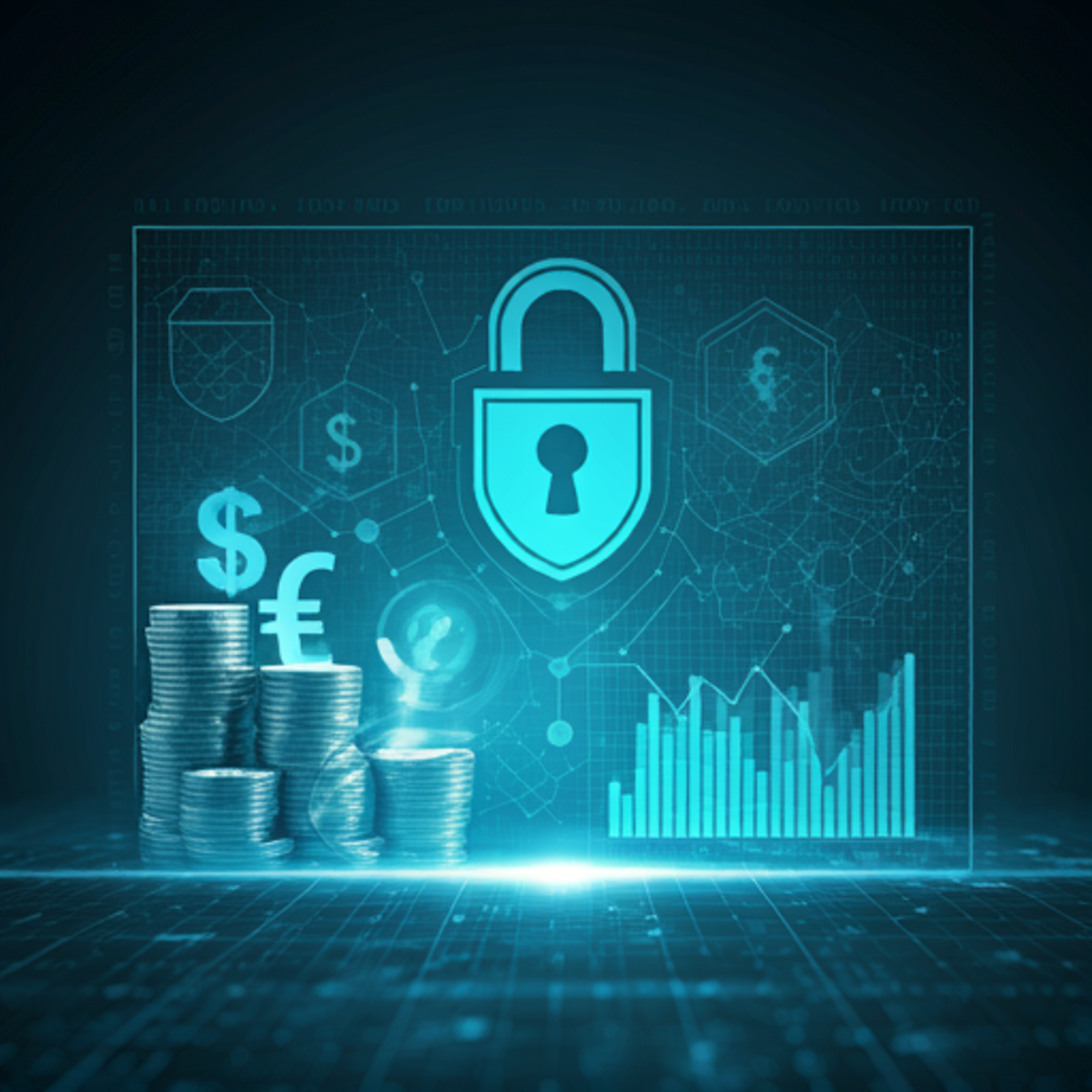Introduction to Cybersecurity in Finance
Importance of Cybersecurity in the Financial Sector
In today’s digital landscape, cybersecurity plays a crucial role in the financial sector. Financial institutions face constant threats from cybercriminals seeking to exploit vulnerabilities. Protecting sensitive data is essential for maintaining trust. Trust is everything in finance. Moreover, a single breach can lead to significant financial losses and reputational damage. This is a serious concern. Therefore, implementing robust security measures is not just advisable; it is imperative. Every organization must prioritize cybersecurity.
Overview of Cyber Threats in Cryptocurrency
Cryptocurrency faces various cyber threats that can undermine its integrity. Key threats include:
These threats can lead to significant financial losses. This is a real risk. Additionally, decentralized exchanges are often less secure than traditional platforms. Security measures are essential for protection. Users must remain vigilant and informed.
Common Cyber Threats Facing Cryptocurrency Users
Phishing Attacks and Social Engineering
Phishing attacks and social engineering tactics are prevalent threats in the cryptocurrency space. These methods often involve deceptive communications that trick users into revealing sensitive information. Such tactics can lead to unauthorized access to wallets. Additionally, attackers may impersonate legitimate services to gain trust. Users must exercise caution and verify sources. Awareness is key to prevention.
Malware and Ransomware Risks
Malware and ransomware pose significant risks to cryptocurrency users. These malicious software types can encrypt files or steal sensitive data, leading to financial loss. Ransomware ofgen demands payment in cryptocurrency, complicating recovery efforts. This is a troubling trend. Furthermore, malware can infiltrate devices through compromised downloads or phishing links. Users must maintain updated security software. Vigilance is essential for safeguarding assets.
Best Practices for Securing Cryptocurrency Assets
Using Hardware Wallets for Storage
Using hardware wallets is a secure method for storing cryptocurrency. These devices keep private keys offline, reducing exposure to online threats. This significantly enhances security. Additionally, users should ensure their wallets are from reputable manufacturers. Trust is crucial in this space. Regularly updating the wallet’s firmware is also essential for protection. Staying informed is vital for asset security.
Implementing Strong Passwords and Two-Factor Authentication
Implementing strong passwords and two-factor authentication is essential for securing cryptocurrency assets. A robust password should include a mix of letters, numbers, and symbols. This complexity deters unauthorized access. Additionally, two-factor authentication adds an extra layer of security. It requires a second verification step, making it harder for attackers. Users must prioritize these practices. Security is non-negotiable in finance.
Understanding Blockchain Security
How Blockchain Technology Enhances Security
Blockchain technology enhances security through its decentralized nature. Each transaction is recorded on multiple nodes, making tampering difficult. This transparency builds trust among users. Additionally, cryptographic techniques protect data integrity. Unauthorized changes are easily detectable. Users can feel more secure with blockchain. Security is paramount in financial transactions.
Potential Vulnerabilities in Blockchain Systems
Blockchain systems, while secure, have potential vulnerabilities that can be exploited. For instance, smart contracts may contain coding errors, leading to financial losses. This is a critical risk. Additionally, 51% attacks can compromise network integrity if a single entity gains majority control. Such scenarios can undermine trust. Users must remain aware of these risks. Vigilance is essential for protection.
Regulatory Frameworks and Compliance
Global Regulations Impacting Cryptocurrency Security
Global regulations significantly impact cryptocurrency security and compliance. Various jurisdictions impose different requirements on exchanges and wallet providers. This creates a complex landscape for users. Additionally, regulations aim to prevent money laundering and fraud. Compliance is essential for maintaining legitimacy. Users must understand these regulations. Awareness can enhance security measures.
Best Practices for Compliance in the Crypto Space
Best practices for compliance in the crypto space include thorough due diligence and robust record-keeping. Organizations must verify the identities of their clients to prevent fraud. This is a critical step. Additionally, staying updated on regulatory changes is essential for compliance. Regulations can vary significantly by region. Users should implement strong internal controls. Awareness is key to maintaining compliance.
The Role of Security Audits and Assessments
Importance of Regular Security Audits
Regular security audits are vital for identifying vulnerabilities in financial systems. These assessments help organizations understand their risk exposure. This knowledge is crucial for informed decision-making. Additionally, audits ensure compliance with regulatory requirements. Non-compliance can lead to severe penalties. Organizations should schedule audits frequently. Consistency enhances overall security posture.
How to Conduct a Security Assessment
To conduct a security assessment, organizations should first identify critical assets and potential threats. This step establishes a clear focus. Next, they must evaluate existing security controls and their effectiveness. Gaps in security can be alarming. Additionally, conducting vulnerability scans helps pinpoint weaknesses in the system. Regular assessments are essential for ongoing protection. Awareness is key to maintaining security.
Future Trends in Cybersecurity for Finance
Emerging Technologies and Their Impact on Security
Emerging technologies significantly impact security in the financial sector. Innovations such as artificial intelligence and machine learning enhance threat detection capabilities. This improves response times to incidents. Additionally, blockchain technology offers increased transparency and security for transactions. These advancements can reduce fraud risks. Organizations must adapt to these changes. Staying informed is crucial for effective security strategies.
Preparing for Future Cyber Threats
Preparing for future cyber threats requires proactive strategies and continuous education. Organizations must regularly update their security protocols to address evolving risks. This is essential for protection. Additionally, investing in advanced technologies can enhance threat detection and response. Staying ahead of cybercriminals is crucial. Employees should also receive training on security best practices. Awareness can significantly reduce vulnerabilities.
